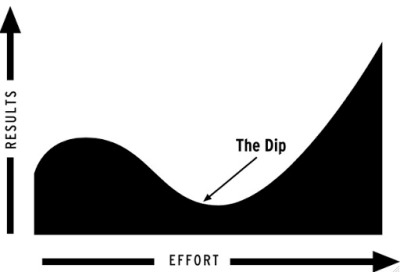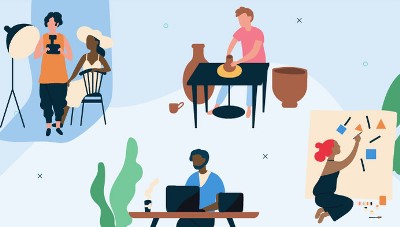Survival at different time scales (year, decades, centuries, millenia) requires the mobilisation of different groups. This can explain the importance for us to cultivate those groupes (from the family to humankind). And this can also be contradictory therefore leading to paradox and conflict.

This thought is based on the quote by mathematician and physicist Freeman Dyson: “The destiny of our species is shaped by the imperatives of survival on six distinct time scales. To survive means to compete successfully on all six time scales. But the unit of survival is different at each of the six time scales. On a time scale of years, the unit is the individual. On a time scale of decades, the unit is the family. On a time scale of centuries, the unit is the tribe or nation. On a time scale of millennia, the unit is the culture. On a time scale of tens of millennia, the unit is the species. On a time scale of eons, the unit is the whole web of life on our planet. Every human being is the product of adaptation to the demands of all six time scales. That is why conflicting loyalties are deep in our nature. In order to survive, we have needed to be loyal to ourselves, to our families, to our tribes, to our cultures, to our species, to our planet. If our psychological impulses are complicated, it is because they were shaped by complicated and conflicting demands.”
Survival at different time scales requires sometime contradictory approaches and relying on different social social groups. That may be something we do not sufficiently account for in our understanding of social tensions.
Hat-tip for the quote to Valeria Maltoni in ‘Fast Gets all our Attention. Slow Has all the Power‘











